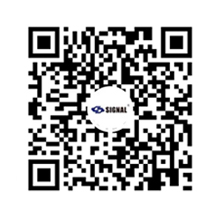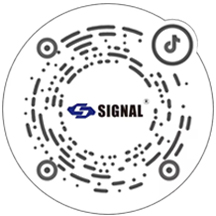Signal is committed to identifying and reducing the environmental impact of its operations, activities and products. We are committed to complying with all applicable legal and other regulatory requirements relating to the environment. This includes the European Union's Restriction of Hazardous Substances Directive (RoHS) and WEEE (Waste Electrical and Electronic Equipment Directive). Signal has developed formal RoHS, WEEE and Marine Environmental Protection Programmes to reduce the use of hazardous substances in manufacturing and service activities and to ensure the proper disposal and recycling of electrical and electronic equipment.
Restriction of Hazardous Substances (RoHS) Compliance
The RoHS (Restriction of Hazardous Substances) Directive was originally implemented in Europe to restrict the use of certain hazardous substances in electrical and electronic equipment. RoHS 2 (EU Directive 2011/65/EU) further expands these restrictions by requiring that homogeneous materials in new equipment contain lead, mercury, hexavalent chromium (Cr(VI)), polybrominated biphenyls (PBB) and polybrominated biphenyls (PBB). , polybrominated biphenyls (PBB) or polybrominated diphenyl ethers (PBDE) to no more than 0.1 per cent and cadmium to no more than 0.01 per cent.
Signal TURE takes active action through internal design controls and supply chain declarations to ensure that all Signal TURE products and their packaging materials comply with the requirements of the RoHS legislation.
Waste Electrical and Electronic Equipment (WEEE) Compliance
The WEEE (Waste Electrical and Electronic Equipment) Directive requires manufacturers to design products with end-of-life recycling and disposal in mind. This means that connectors need to be designed with materials that can be easily separated and recycled to minimise the environmental impact.
By taking recyclability and detachability into account at the product design stage, Signal reduces the use of hazardous substances and ensures that products can be easily recycled and disposed of at the end of their life cycle.
Marine Environment Protection Act Compliance
Although the Marine Environment Protection Law does not directly target connector products, it does impose requirements on the use and management of industrial products in the marine environment, which indirectly affect the design, production and use of connectors.
Signal has established a comprehensive environmental management system (e.g. ISO 14001 standard). This system helps companies to systematically manage their environmental impacts and ensure compliance.





